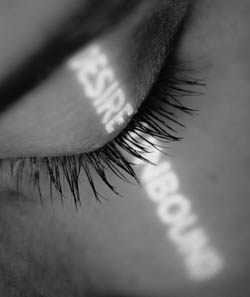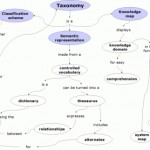Taxonomy is the practice and science of classification. Taxonomy (taxon = group) refers to the…
Some notes about desire
 The nation-state and the “marxist” ideological apparatuses connected with it (parties, cells, unions, and other places of doctrinal production) are in the process of disappearing. If this is taken as given, then we no longer have excuses, only alibis, for turning away from the responsibility to desire, think and act in our own interests, and become interested in our own desires.
The nation-state and the “marxist” ideological apparatuses connected with it (parties, cells, unions, and other places of doctrinal production) are in the process of disappearing. If this is taken as given, then we no longer have excuses, only alibis, for turning away from the responsibility to desire, think and act in our own interests, and become interested in our own desires.
Desire exercises a tremendous force, and is not, at the end of the day, without reference to love. Desire is a powerful force. If desire can be manipulated, then desire and the manipulation of desire become political tools. Then desire can be wielded as a weapon. A weapon not wielded by the nation-state or its apparatuses, but by the more volatile forces of the marketplace.
Desire constructs and conditions consciousness. A politics of desire must aim to transform society through a transformation of its social unconscious, so as to be able to direct its flows.
One cannot desire the unknown with any intensity – the object of desire is created in the mind through knowledge and visualisation. Knowledge is no longer a question of being able to repeat the main points of as many books as possible in a library, nor is it a question of being able to criticise their weaknesses and failings; knowledge is more like the capacity to direct oneself, through encounters with others, towards the most interesting and profound books in that library. Only through this knowledge can one awaken desire.
If knowledge awakens desire, play is the activity which unites man with the objects of his desire.
Desire naturally seeks multiplicity and creation. The problem then arises of how social formations come about that prevent desire’s own autoproduction.
A playground is a space for lightheartedness and free thinking. A space to virtually create objects of desire, to play out desires and exercise (with) them.
Desires stem from a comparison of the self with others. One’s self is neither autonomous, nor finished; it is relative and a work in progress. Self-respect is something of a misnomer. The reputable self is not only constructed by desire for and possession of objects; it must also be observed with those objects by others.
Sources:
Philip Goodchild: “Deleuze and Guattari: an introduction to the politics of desire”, click here
Staci L. von Boekcmann: “Utopianism in Fredric Jameson’s The Political Unconscious”, click here
Clare V. Eby: “The psychology of desire”, click here
| « Ricardo Basbaum: obstacles | <-- previous post | next post --> | Huizinga: Homo Ludens » |
|---|







